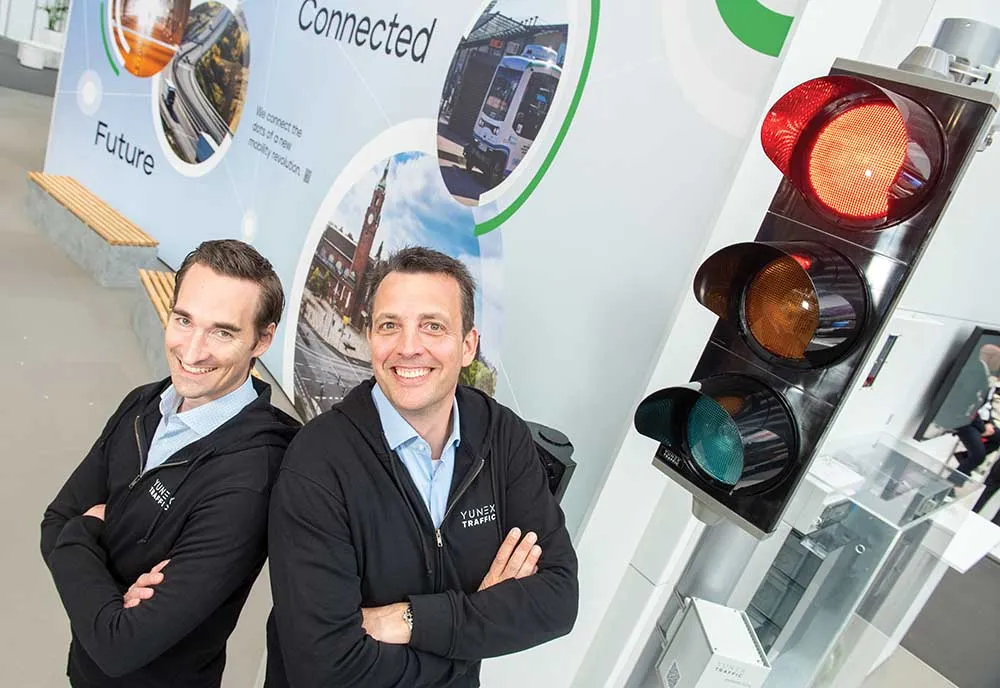
In conjunction with the ITS World Congress theme of ‘Enhancing Liveable Cities and Communities’,
For the first time in the region, the company will display and discuss how smart traffic control systems help move transport and infrastructure forward.
Sitraffic One, claimed to be the world’s most cost-effective traffic light, is one highlight of the Siemens’ stand. This solution uses 1 Watt Technology to reduce the power of a traffic light to 1-2W.
According to Siemens, Sitraffic One will save around 1,600kWh per year at an average traffic intersection, the equivalent of the annual consumption of a single person household.
Another highlight is a display of V2X technology. Connected mobility V2X (the 'V' in V2X can also stand for trains, airplanes or ships) is the basis for autonomous driving. V2X technology can increase safety, reduce costs and makes our lives easier.
Siemens is also presenting a V2X live showcase at the Albert Park Grand Prix circuit. Exhibition visitors will get the chance to ride in a vehicle along the 5km circuit and experience various exciting challenges V2X can impressively solve.










